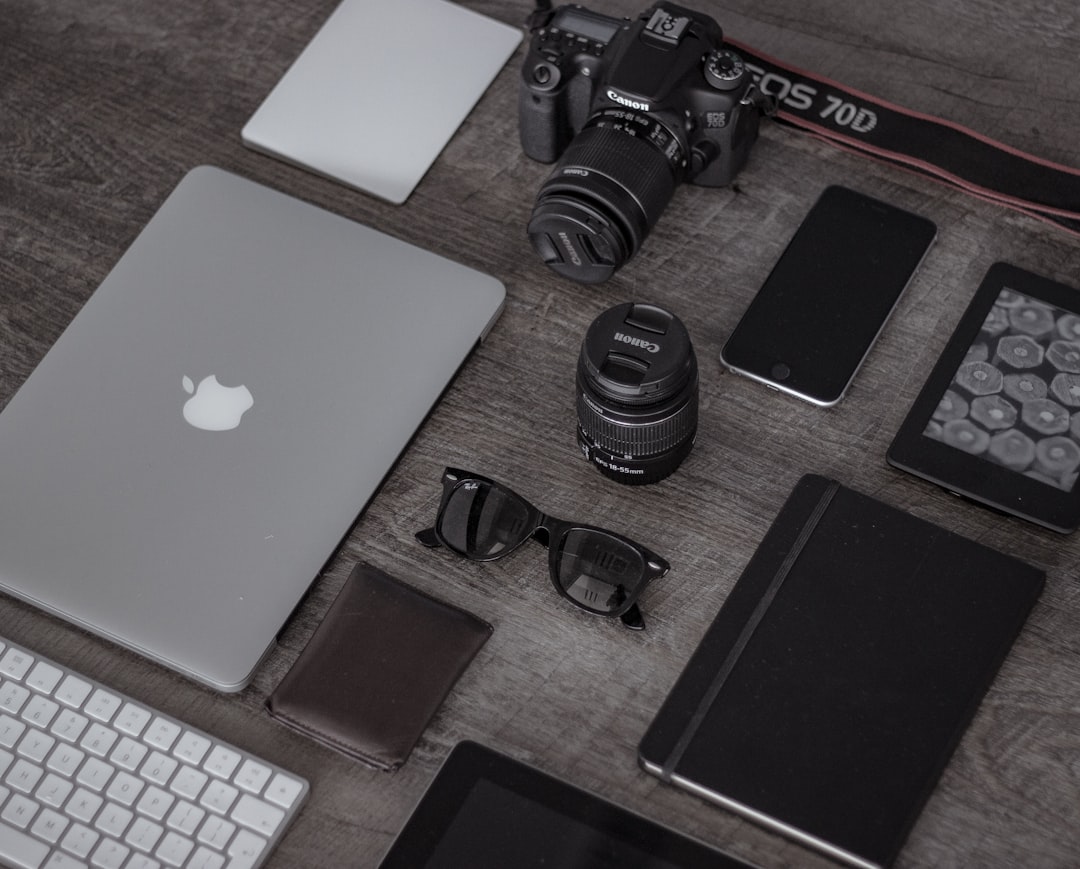The holiday season is a time for celebration, relaxation, and spending quality time with loved ones. However, it can also be a stressful time for many, with the added pressure of holiday planning, gift shopping, and managing time off from work.
In this article, we’ll explore some tips and tricks for making the most out of your time off over the holidays, so you can truly enjoy this special time of year.
Holiday Planning: Start Early
One of the best ways to ensure a stress-free holiday season is to start planning early. This means making a list of all the tasks you need to complete, such as gift shopping, meal planning, and travel arrangements.
By starting early, you can avoid the last-minute rush and have more time to enjoy the holiday season. Plus, you’ll have a better chance of finding deals and discounts on gifts and travel arrangements.
Set a Budget
Before you start your holiday planning, it’s important to set a budget. This will help you avoid overspending and the stress that comes with it. Make a list of all the people you need to buy gifts for and set a budget for each person.
You can also set a budget for other holiday expenses, such as decorations, food, and travel. Stick to your budget and avoid the temptation to overspend, as this can lead to financial stress and anxiety.
Time Management During Holidays: Prioritize and Delegate
With so much to do during the holiday season, it’s important to prioritize your tasks and delegate when possible. This will help you manage your time more effectively and reduce stress.
Make a To-Do List
Start by making a to-do list of all the tasks you need to complete. Then, prioritize the most important tasks and tackle them first. This will help you stay organized and focused, and ensure that the most important tasks get done.
Delegate Tasks
Don’t be afraid to ask for help during the holiday season. Delegate tasks to family members or friends, such as cooking, cleaning, or gift wrapping. This will not only help you manage your time better, but it will also give others a chance to contribute and feel involved in the holiday preparations.
Time Management Hacks: Plan for Downtime
While it’s important to stay on top of your holiday planning and tasks, it’s also crucial to plan for downtime. This will give you a chance to relax and recharge, so you can fully enjoy the holiday season.
Schedule Breaks
Schedule breaks throughout your day to rest and recharge. This could be as simple as taking a short walk, reading a book, or listening to music. By taking breaks, you’ll be more productive and focused when you return to your tasks.
Set Boundaries
It’s important to set boundaries during the holiday season, especially if you’re working from home. Let your colleagues and clients know when you’ll be taking time off and stick to those boundaries. This will help you avoid burnout and ensure that you have time to relax and enjoy the holidays.
Make Time for Self-Care
Amidst all the holiday planning and tasks, it’s important to make time for self-care. This will help you manage stress and stay healthy during the busy holiday season.
Get Enough Sleep
Make sure to get enough sleep during the holiday season. Lack of sleep can lead to fatigue, irritability, and decreased productivity. Aim for 7-9 hours of sleep each night to feel well-rested and energized.
Stay Active
Don’t let the holiday season be an excuse to skip your workouts. Regular exercise can help reduce stress and improve your mood. Make time for physical activity, whether it’s going for a walk, attending a fitness class, or doing an at-home workout.
Practice Mindfulness
The holiday season can be overwhelming, but practicing mindfulness can help you stay present and reduce stress. Take a few minutes each day to meditate, practice deep breathing, or simply focus on the present moment. This will help you stay calm and centered during the busy holiday season.
Take a Digital Detox
In today’s digital age, it’s easy to get caught up in the constant stream of emails, notifications, and social media updates. However, taking a break from technology can do wonders for your mental health and help you fully enjoy your time off over the holidays.
Set Boundaries
Set boundaries for yourself when it comes to technology. This could mean turning off your phone during certain times of the day or designating specific times to check emails and social media. Stick to these boundaries and enjoy the benefits of a digital detox.
Plan Activities That Don’t Involve Technology
Make a conscious effort to plan activities that don’t involve technology. This could be playing board games, going for a hike, or simply spending quality time with loved ones. Not only will this help you disconnect from technology, but it will also create meaningful memories and experiences.
Reflect and Set Goals for the New Year
The holiday season is a great time to reflect on the past year and set goals for the new year. Take some time to think about your accomplishments, challenges, and areas for improvement. Then, set realistic and achievable goals for the upcoming year.
Write in a Journal
Writing in a journal can be a therapeutic way to reflect on the past year and set goals for the new year. Take some time each day to write down your thoughts, feelings, and goals. This will help you stay focused and motivated throughout the year.
Share Your Goals with Loved Ones
Share your goals with loved ones and ask for their support and accountability. This will not only help you stay on track, but it will also strengthen your relationships and create a sense of community.
Conclusion
The holiday season is a time for celebration, relaxation, and spending quality time with loved ones. By starting your holiday planning early, prioritizing and delegating tasks, and making time for self-care and reflection, you can make the most out of your time off over the holidays. Remember to set boundaries, take breaks, and enjoy the present moment. Happy holidays!















